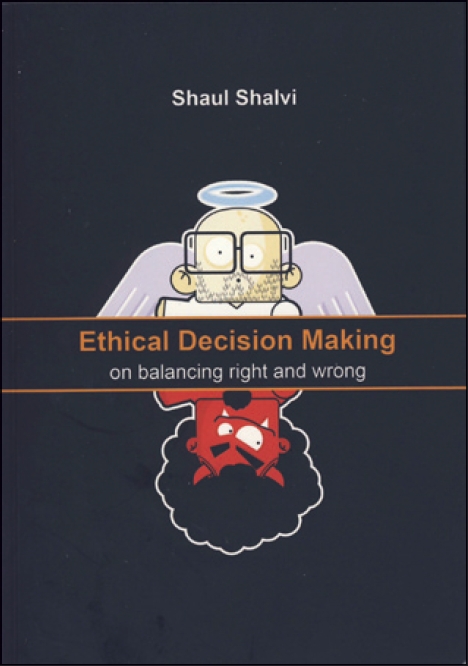When we think of ethical failures we often think of the big crocks like Barney Madoff. However, even most honest people lie sometimes. Having private information allows people to unethically benefit themselves on the expense of others. When people lose their luggage they may exaggerate an insurance claim and describe their old camera as brand new to get more money from the insurance company. Such seemingly small lies of otherwise honest people accumulate to millions of Euros paid annually by insurance companies. This dissertation sheds light about the amount of lying people conduct when they know that they will never be caught. People were asked to do tasks in which they could privately lie in order to gain money. Students rolled a die three times and were asked to report the outcome of the first roll. Since only they knew what they rolled, they could lie as much as they wanted. However, while the evidence for lying was clear, the amount of lying was modest. While the students understood that they should have reported the first roll outcome they were reporting the highest of the three rolls they saw. This was because lying by reporting a high value that was observed on one of the extra rolls felt less unethical that lying by using values that were not observed. The conclusion is that people lie exactly to the extent that they can justify the lie to themselves. Justifications allow people to lie for money while feeling honest.
Opmerkingen
0
Log in om te reageren op dit artikel.



